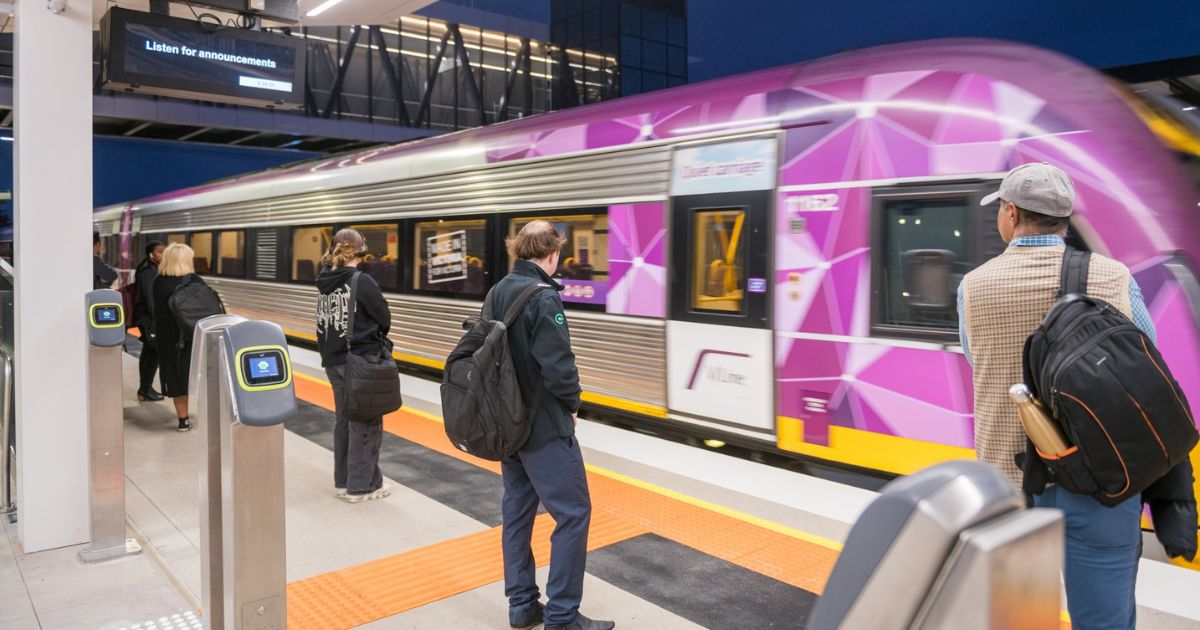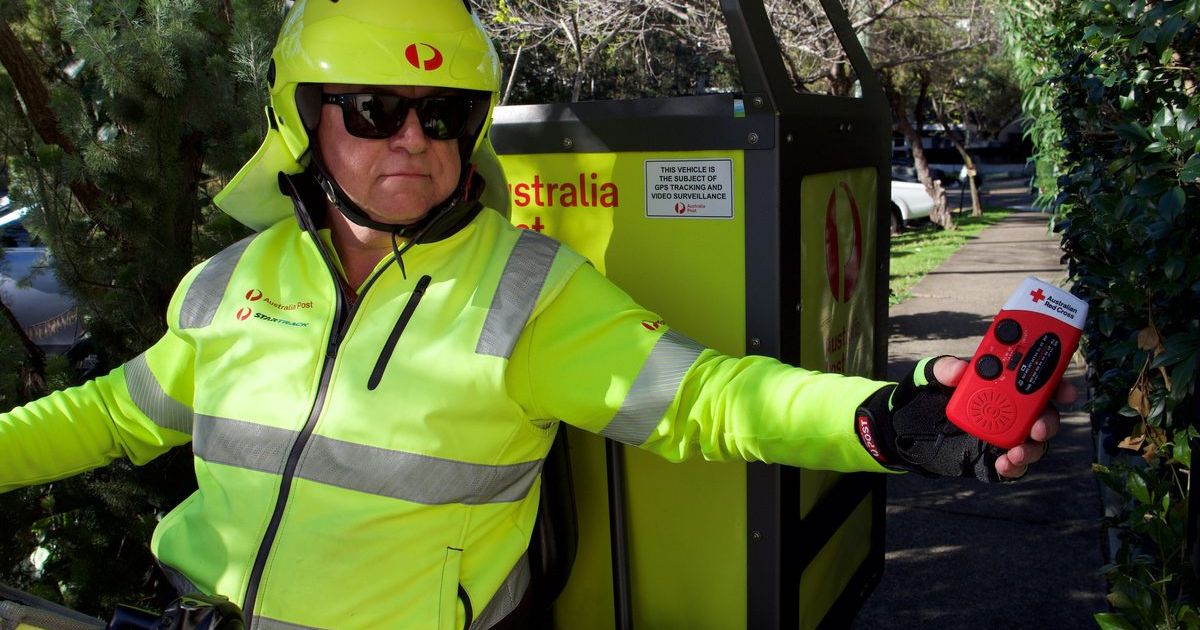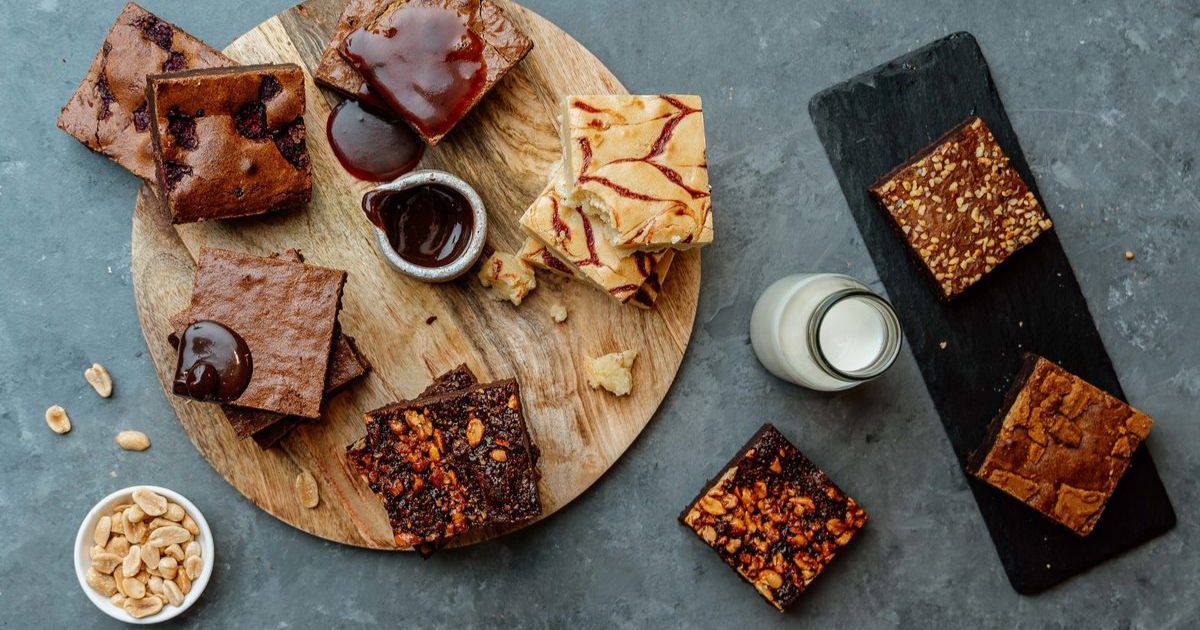Home Security Checklist: How Secure Is Your Property?
Our homes should be our sanctuary, so it’s very unsettling going to sleep at night worrying about the back door that won’t close properly, or if the window that won’t lock is going to be safe to leave for a couple of days on a weekend trip. And it’s not just stopping people getting in that’s important, there are plenty of factors to consider in and around the home to keep us safe, especially if there’s little feet running around that can be prone to more accidents.
There’s no such thing as a house that is ‘too safe’ or completely free from internal or external risk of damage. Here you’ll find an easy to follow checklist of all the components your home should have to make it a relaxed and safe environment, free from risk and stress of break-ins, accidents and other kinds of damage.
Read on to see how many of our expert suggestions you have in your property already, and whether there’s something missing that could be the extra step to level up the protection of your home and the people you cherish within it.
Quality locks
The first port of call for any potential burglars is to assess the points of entry, but also how intact they are. Ensure you don’t sacrifice function for aesthetic too much by having external doors made from solid, sturdy materials all over your house. A locksmith in Melbourne can install locks, deadbolts and remote entry systems for you, and not just on doors. To keep your house extra secure, consider adding lock systems to windows, gates, porches and garages too.
Outdoor lighting
An easy way to dissuade dodgy folk from hanging about your premises is to put them off stepping into it in the first place. Installing motion activated sensors that will light up when movement is detected is an easy deterrent for both people and wildlife, so you’re less likely to be bothered by possums or foxes as well. Another added bonus is you won’t have to fumble around in the dark trying to find the right key,or trip over the bins, as the path up to your door will be lit for you.
Security systems
Alarm systems and security cameras will alert you if an unexpected presence is recorded on your property, and will record the sequence of events if anything unfortunate does happen – which can be vital in identifying a crime and tracking down the perpetrator. If you have a remote system installed, you may be able to set off an alarm when notified. The presence of security cameras alone can be enough to put people off attempting to rob a property, so it’s a preventative measure that’s definitely worth investing in.
Spare keys
Spare keys are important, but they can also be the easiest way for someone to let themselves into your property completely unnoticed. Despite common knowledge, nearly 1 in 10 people still leave their key under a doormat or plant pot, which is almost the same as handing your valuables over to a robber. Think creatively about where to keep your spare key, and try to incorporate other security elements into the location if you can, such as in the frame of a security camera. Try to avoid getting too many spare keys cut, as you run a higher risk of losing one.
Fire alarms
Fire safety is crucial both in and outside the home. Sometimes accidents happen, so the best thing is to be prepared for worst case scenarios. Smoke alarms may also be able to alert you of bushfires in the area – if wind suddenly changes direction in the night, that alarm may give you a precious extra few minutes to escape unscathed. Don’t skip it out, it’s actually a requirement by law, but more importantly it’s a security measure that could be responsible for saving your life.
Check your equipment
It’s all well and good having all of these security measures in place, but what if they’ve been around since you moved in fifteen years ago? Locks may become rusted and easier to break, camera lenses may get scratched and harder to film high-quality footage, spare keys may get misplaced or not returned, and lighting and smoke alarms may run out of battery and not be capable of doing anything at all. Regularly test that your equipment does what it’s meant to, and don’t put off upgrading or replacing when you need to – otherwise the value of owning them becomes redundant.
Valuables storage
It can be hard to toss up keeping your most precious possessions on display, or making sure they’re safely locked away. For heirlooms and the pricey things that would be easy to get snatched up, move them into a fireproof, metal safe when you go away so they’re not accessible without a pin. There’s also no harm in keeping your personal valuables such as passports, certificates and your most priceless items in there at all times, as in case of a fire in your property, you’re more likely to find them surviving it if stored in a safe.
Neighbours
Sometimes the best form of security is extra pairs of eyes. If you build a positive relationship with your neighbours, not only will you benefit from a stronger sense of community, but they’ll also be a great asset in potentially dangerous situations, such as noticing someone eyeing up your property when you’re not there. It’s a good idea to tell a neighbour if you’re going away for more than a few days, just to know that someone is keeping a level of vigilance on your home in your absence.
****
Home security is a vital part of managing a property, and not something you want to learn from the hard way. There’s no worse feeling than living somewhere you know has been broken into, and feeling on edge in your own house for fear that it might happen again. This checklist serves as a handy guide to ensure you put you and your family in the best position to protect against threats to your home and your belongings. Remember: the more of these tips you implement, the more secure your property will be.



















